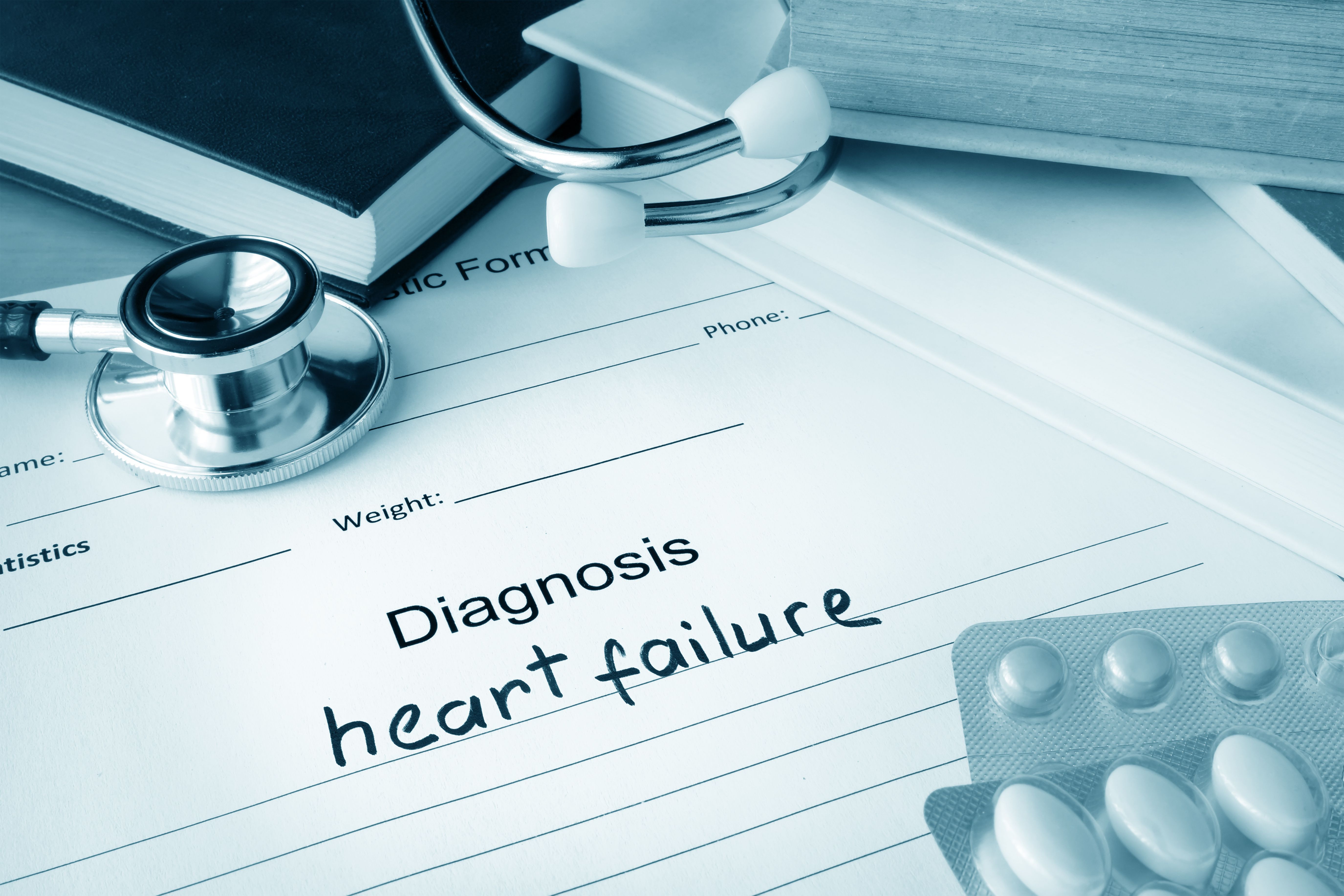Sex Hormone Levels and Risk of Heart Failure in Older Men, Postmenopausal Women
An analysis of data from the ARIC study is detailing associations between lower levels of sex hormones and risk of incident heart failure in older adults.

New research from a National Heart, Lung, and Blood Institute-sponsored study indicate decreases in sex hormones among older adults was linked to development of heart failure in both men and postmenopausal women.
An analysis of data from patients within the Atherosclerosis Risk in Communities (ARIC) study, results indicated lower levels of endogenous testosterone and dehydroepiandrosterone sulfate (DHEA-S) were associated with the development of heart failure.
“In this large community-based study, low levels of endogenous testosterone and DHEA-S in men and low levels of DHEA-S in post-menopausal women were associated with the development of HF,” investigators wrote. “These associations were similar in HFpEF and HFrEF, suggesting that sex hormones may not determine sex differences in HF phenotypes.”
With major contrast in sex differences between clinical phenotypes of heart failure, investigators from the Johns Hopkins Bloomberg School of Public Health sought to further assess underlying mechanisms that could be contributing to these differences. Investigators noted previous studies have explored this topic, but often only examined testosterone levels. In the current study, investigators designed their analysis to examine testosterone, DHEA-S,and sex hormone binding globulin (SHBG) with incident HF, HFrEF, and HFpEF among men and post-menopausal women from the ARIC study.
Using visit 4 of the ARIC study, which occurred between 1996-1998, as the baseline visit for their analysis, investigators identified a total of 11,656 patients 52-75 years of age for inclusion in their analysis. After application of inclusion criteria, the final sample consisted of 8946 patients, including 4107 men and 4839 women.
Of note, patients were excluded if they were not Black or White, had a history of heart failure at visit 4, or if they were premenopausal. Additionally, 1608 participants were excluded based on missing information related to sex hormones, incident heart failure, or other covariates.
The mean age of the study population was 63.2 (SD, 5.7) years for men and 62.8 (SD, 5.5) years for women. At baseline, median levels of total testosterone, DHEA-SS, and SHBG in men were 17.7 (25th percentile-75th percentile 13.5-22.9), 101.3 (68.0- 149.2), 31.6 (23.4-41.6) nmol/L, respectively. In women, these levels were 0.8 (0.6-1.1), 58.8 (35.8- 91.7), 42.3 (26.3-73.5) nmol/L, respectively.
During a median follow-up of 19.2 years, a total of 873 new cases of heart failure were identified in men and 945 new cases were identified in women. In analyses, lower plasma levels of total testosterone and DHEA-S were associated with increased risk of incident heart failure in men and lower levels of DHEA-S were associated with increased risk of incident heart failure in women.
In fully-adjusted analyses, results indicated the hazard ratios for heart failure associated with a 1 SD decrease in log-transformed total testosterone, DHEA-S, and SHBG were 1.10 (95% CI, 1.03-1.17), 1.07 (95% CI, 1.00-1.15), and 1.04 (95% CI, 0.96-1.11) in men and 1.05 (95% CI, 0.99-1.13), 1.17 (95% CI, 1.09-1.24), and 0.93 (95% CI, 0.85-1.01) in women, respectively.
Further analysis examining heart failure subtypes indicated associations between lower levels of sex hormones with HFpEF and HFrEF were similar to those seen with overall heart failure. However, investigators pointed out these associations became statistically insignificant except for association between lower total testosterone with increased HFpEF risk in men and DHEA-S with increased HFrEF risk in women.
“Our findings suggest that sex hormones may play a role in the development of HF, but may not contribute to differences in HF development between men and women,” investigators wrote.
This study, “Sex Hormones and Incident Heart Failure in Men and Post-Menopausal Women: The Atherosclerosis Risk in Communities Study,” was published in the Journal of Clinical Endocrinology and Metabolism.